Conscious Leadership]🐴What Horses Taught Me About Leadership
Personal essay: Falling off a horse taught me more about leadership than any boardroom ever could. In this reflective essay, I explore fear, trust, and the quiet strength it takes to lead with clarity, presence, and truth.
![Conscious Leadership]🐴What Horses Taught Me About Leadership](https://images.unsplash.com/photo-1508343919546-4a5792fee935?crop=entropy&cs=tinysrgb&fit=max&fm=jpg&ixid=M3wxMTc3M3wwfDF8c2VhcmNofDMwfHxob3JzZXxlbnwwfHx8fDE3NjA1NjY0Mjl8MA&ixlib=rb-4.1.0&q=80&w=1200)
I’ve fallen off a horse twice.
The second time, I was the one who asked for it. I was out in the English countryside on a trail ride, caught between my fear and the horse’s instinct to follow its herd. Five riders galloped ahead across the open fields. I panicked—pulled back on the reins, desperate to slow down. The horse, confused by my mixed signals and fighting against what it had been trained to do, threw me.
Lying in the grass, body aching, I realized: I had been asking the horse to fight its own nature while refusing to be clear about mine.
“These fifteen-hundred-pound horses, eight times heavier than most people and nearly twenty times stronger, do teach us more than they know. In the equilibrium of rider and horse, the animal is more powerful. To find harmony with this strong and nimble beast, we must first surrender to them and gain their trust. Indeed, riders depend on a sixth sense to relay that they respect and dignify their mounts, and ensure that both of them share the same objective as one. Horses, in turn, teach riders patience and empathy.”
— from the book Horses from Saudi Arabia, Assouline
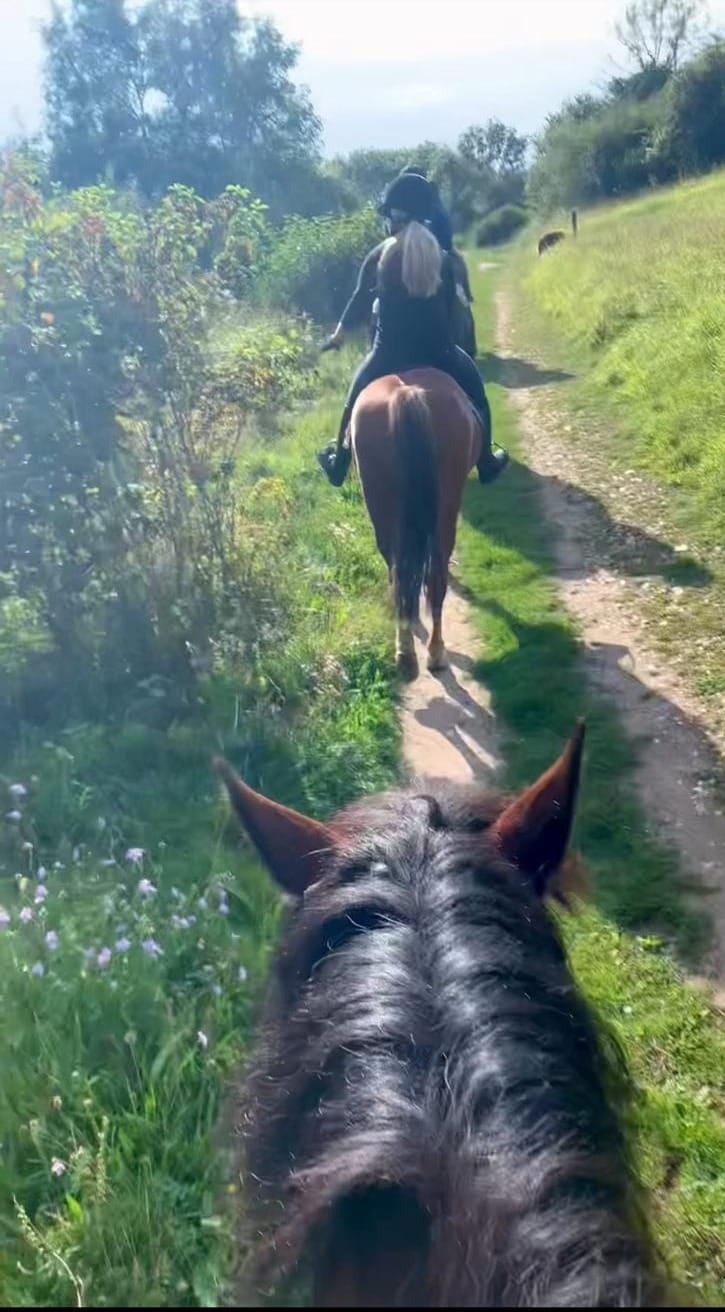
I started riding seriously five years ago, though it began casually—a half-hearted “let’s try it” experiment during the pandemic. No more flights, no more business trips or pilgrimages, no packed calendars. For the first time in years, I was stationed in one place, staying still. Yet my restlessness had to find its outlet. The idea of horse riding had been planted fifteen years earlier, in a New York City bookstore. As a young analyst on Wall Street, I was married to work; my life consisted of office and home. Yet, I had this inner demon screaming for freedom. I remember standing under fluorescent lights at Barnes & Noble after work on a Friday, staring at a memoir about a woman who crossed Argentina with a gaucho on horseback. Something in that image—endless horizon, the raw honesty of it, the wildness—lodged itself in me. A “someday” dream.
Maybe it wasn't just mine. I rode to connect with my ancestors. In the face of the pandemic's fragility, away from my family, I wondered about my whys again: what would they have done? What ran through their minds and bodies when everything felt uncertain? We share the same blood. Maybe the answers were in the saddle.
My maternal grandfather rode. And the founding ancestor of my father’s clan—a 9th-century general who helped establish the Goryeo dynasty—was a famous archer, poet, and rider. He lived and died for justice. He helped end the civil wars of the Later Three Kingdoms and build the unified Goryeo dynasty that would last 500 years, from which Korea takes its name today. He and the king were best friends. He died on the battlefield in place of the king, disguising himself as the king to divert the enemy’s attack—offering his life to protect a vision of unity, peace, and integrity in a fractured land. Sometimes I imagine his battles—the chaos, the trust. Riding connects me to him, to all of them, and what he stood for—and also becomes my own expression of freedom.



When I first showed up to ride, I learned quickly that horses let you sit on their backs—they don’t owe you obedience. My overthinking and worries about “Am I hurting animals for my own pleasure?” went out the window quickly. My early teachers were old-school horses: patient, clever, a little jaded. They’d veer off course for a mouthful of grass, stop mid-trail just to test me.
Still, I had no control. I refused to pull the reins in strongly; I judged using the bit that must be hurting the tongue and mouth of horses when I pulled in the reins. I didn’t want to hurt them, didn’t want to dominate them. I wanted communion—being to being, consciousness to consciousness. Just like how I treat my “brother”—our family dog.
But these horses had seen everything. They were used to riders who didn’t mean what they said. If I wasn’t grounded and clear, they’d call my bluff. The minute I sat on their back, they knew instantly if I was in control or not. And if they don’t respect you as a leader in charge, they try to get you off their back or do things in their own way.
The first fall came in Hyde Park, when a horse spooked at a sports car’s engine and bolted. He thought I was not a leader who could protect him when danger arises. The second, in the countryside, came when I tried to control the horse while also asking it to disobey its herd instinct. I was terrified of going too fast, and the horse could feel every tremor of that fear.
After that, fear took the reins. My body stiffened. Horses always notice.
For a year, I wrestled with the ethics of it all. Was I complicit in their captivity? Were these lessons worth the price of their freedom? I accused instructors of being too harsh, too desensitized. But the instructor kept telling me, “Horses are herd animals, and when they are out in the field, they are looking for a leader to follow; so you have to be more assertive! Show up as a leader!” Oh, there goes my life question in leadership. I refused to use the whip. I wanted to ride kindly—but I was stuck, paralyzed by philosophy while making no progress. I was frustrated.
All I wanted was to gallop across the land, wild and free. But the path to freedom demanded more than just showing up. Goofing around and trying to “connect” with horses in my way didn’t work. It required discipline, patience, and a kind of love that looked a lot like clarity.
So I started over. I studied how horses think, how they read human energy through breath and posture. I found a stable that valued both skill and the horses’ well-being. I learned to respect their boundaries—and my own. That’s when it clicked: the horses weren’t asking for softness. They were asking for truth.
The first time I felt it, I was riding a mare named Felicity. She'd been testing me for weeks—stopping when I asked her to move, drifting toward the gate. That morning, something shifted. I took a breath, felt my seat bones settle into the saddle, and asked her to trot. Clear. Quiet. No apology in my body.
She moved.
Not because I forced her. Because I finally meant it. Her ears flicked back—listening. I felt her rib cage expand beneath my legs, her stride lengthen. We weren't fighting anymore. We were moving together. For the first time, I understood: this was trust.
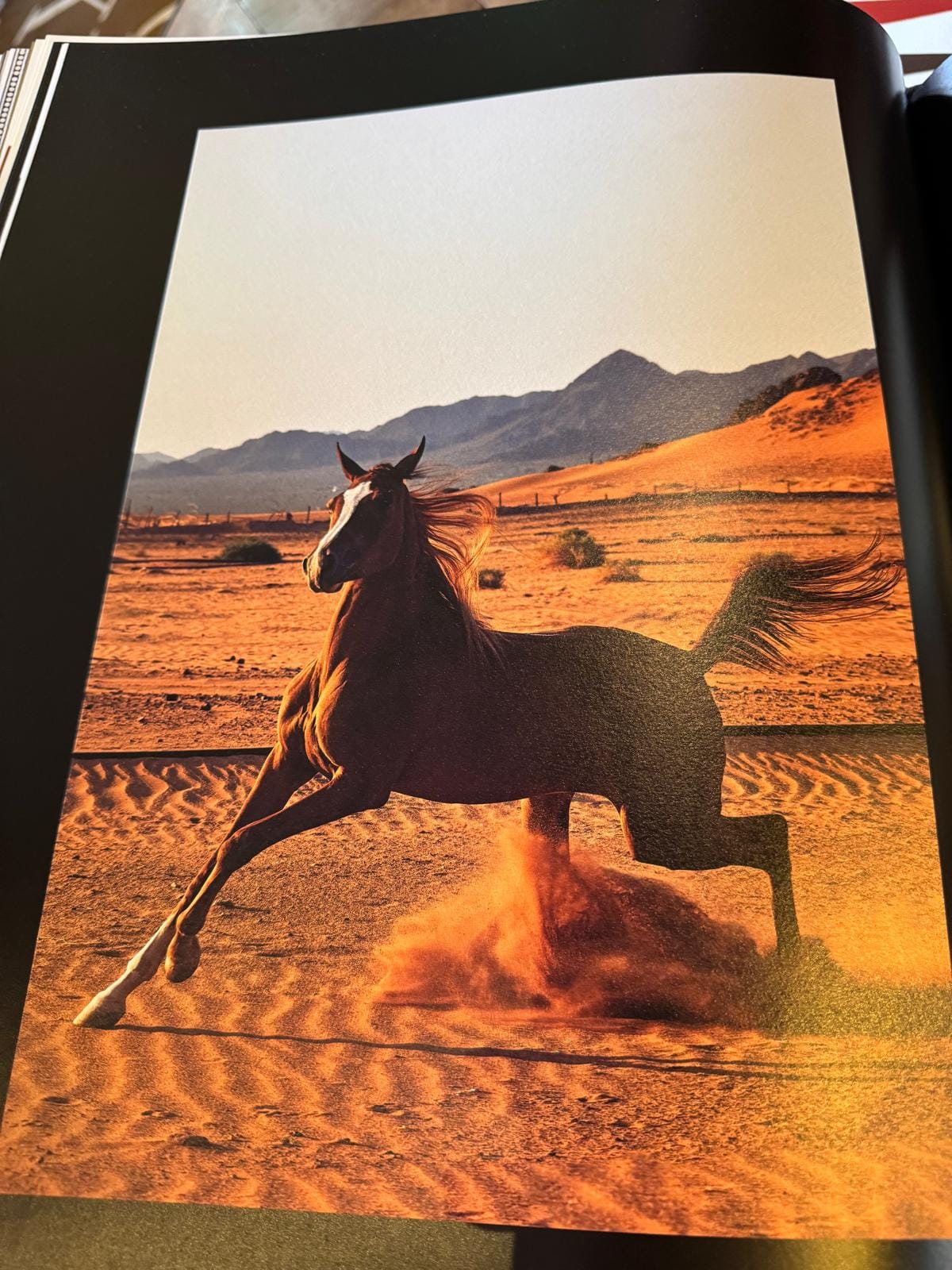
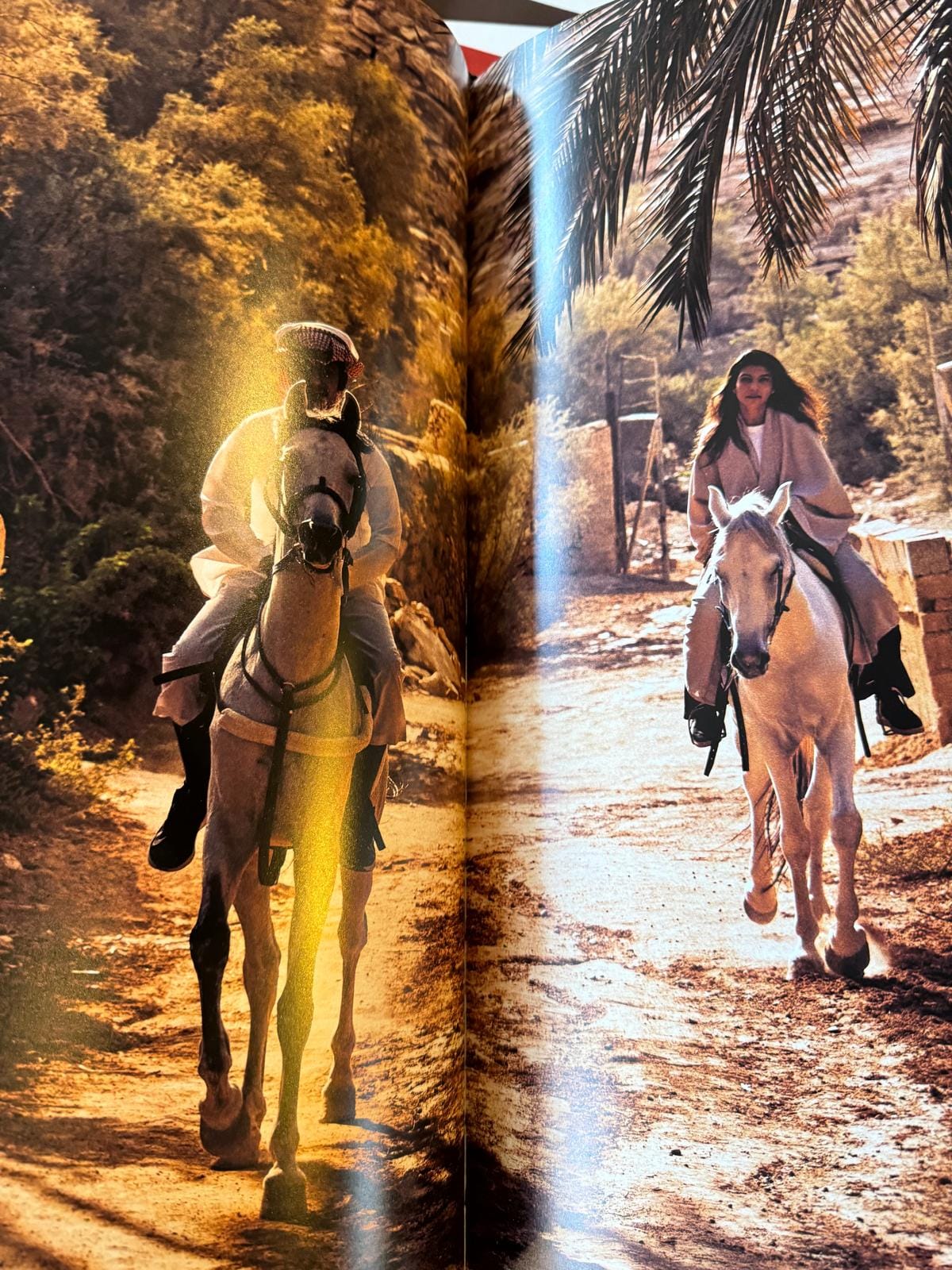
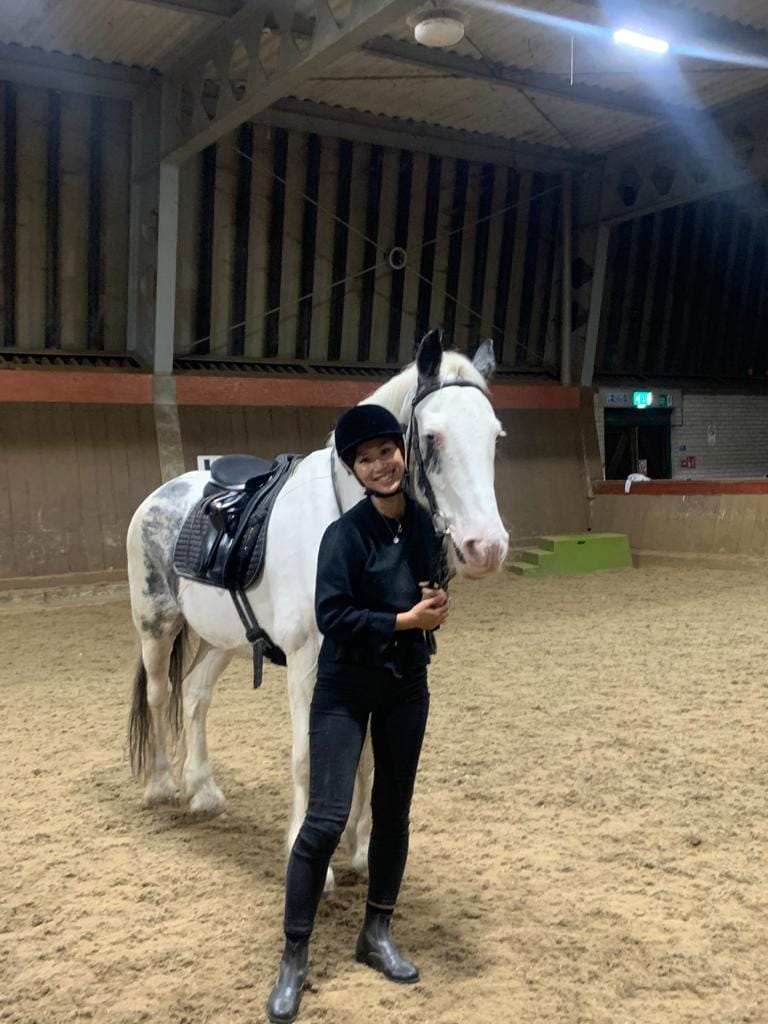
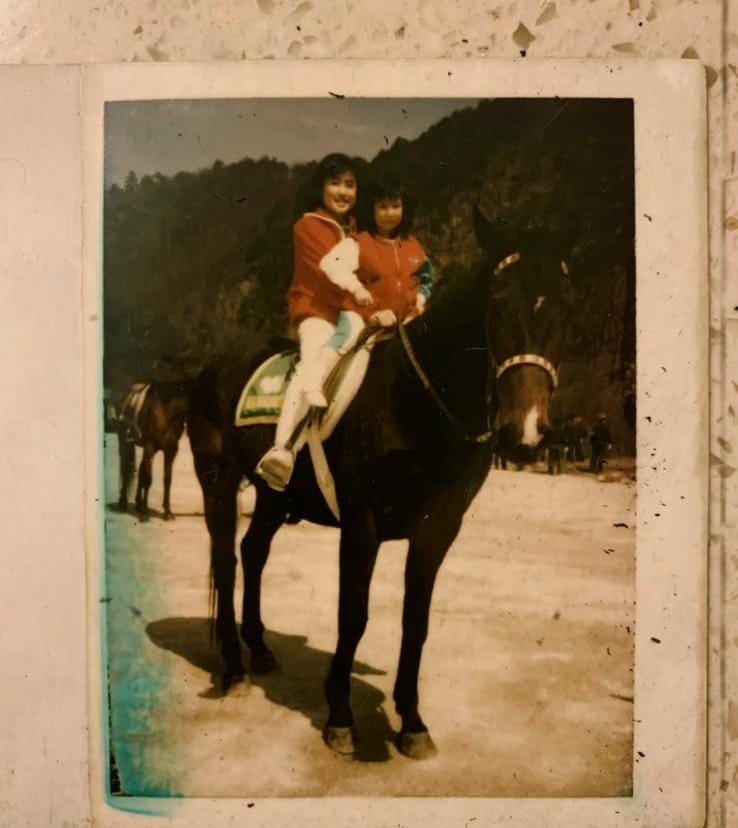
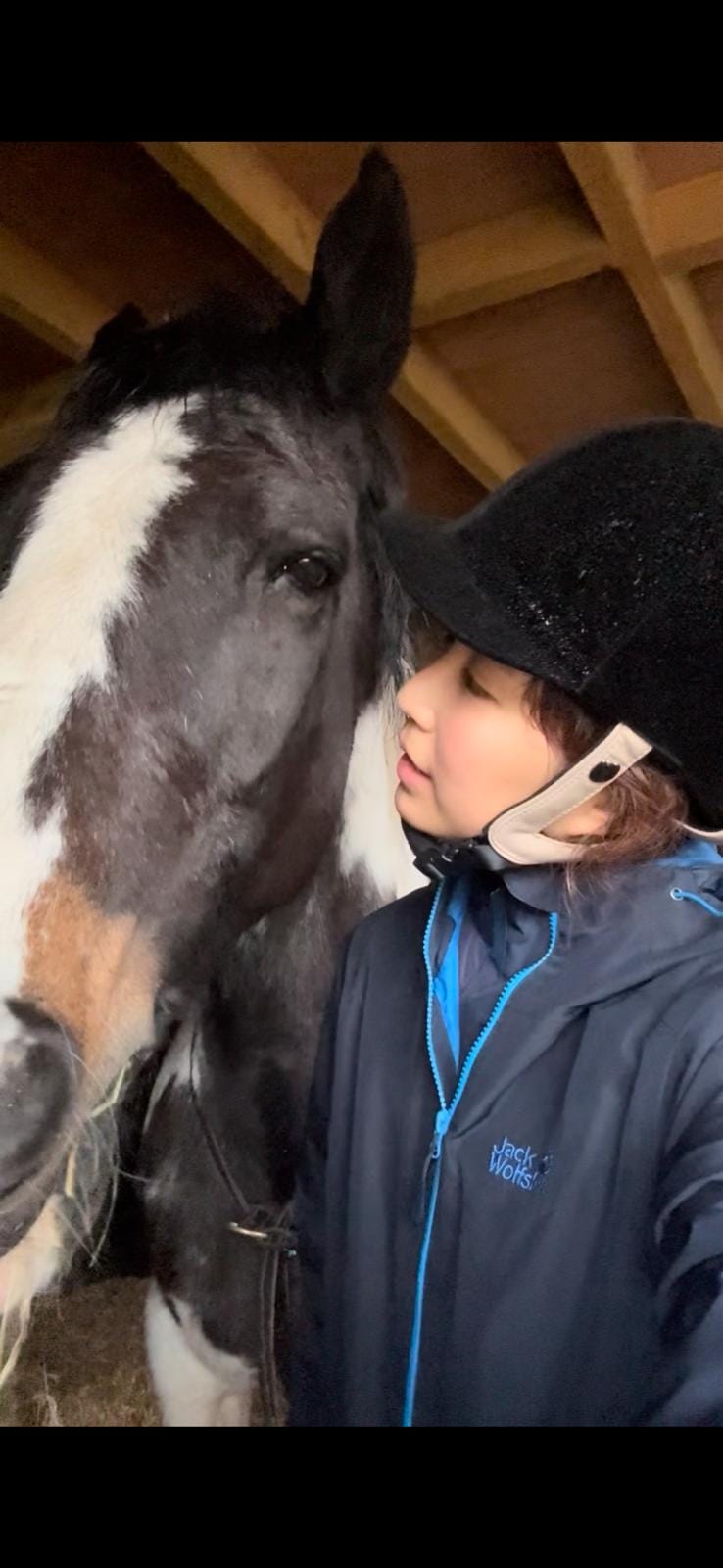
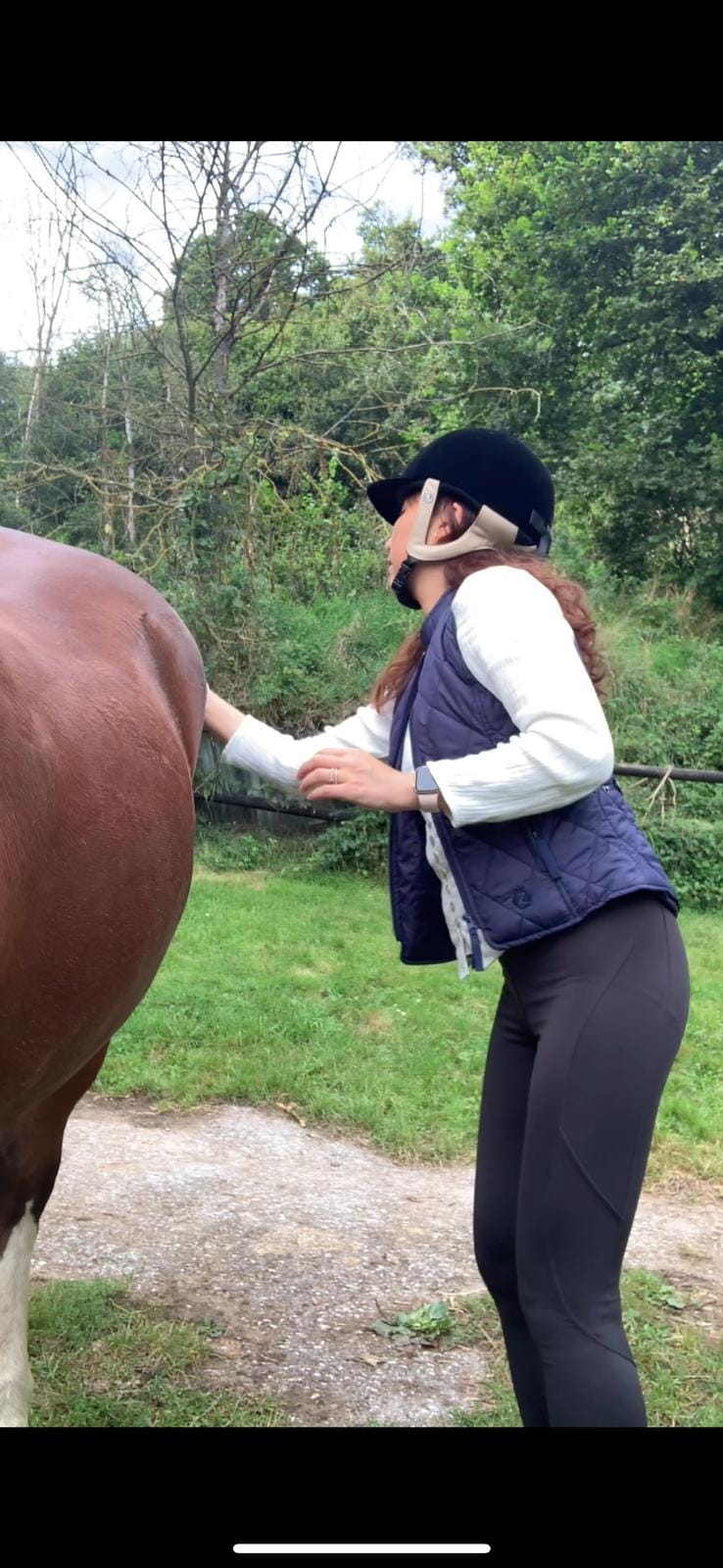
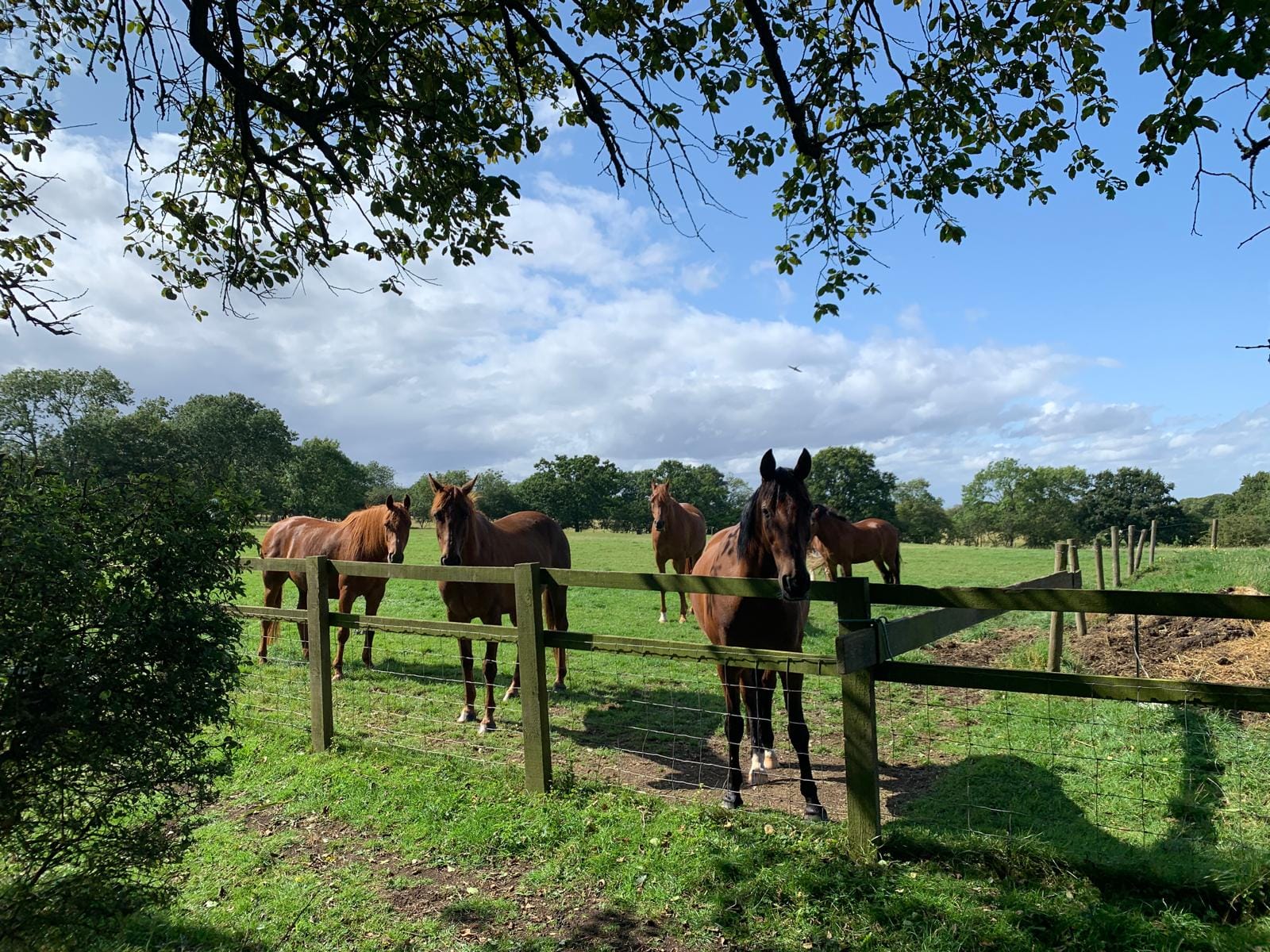
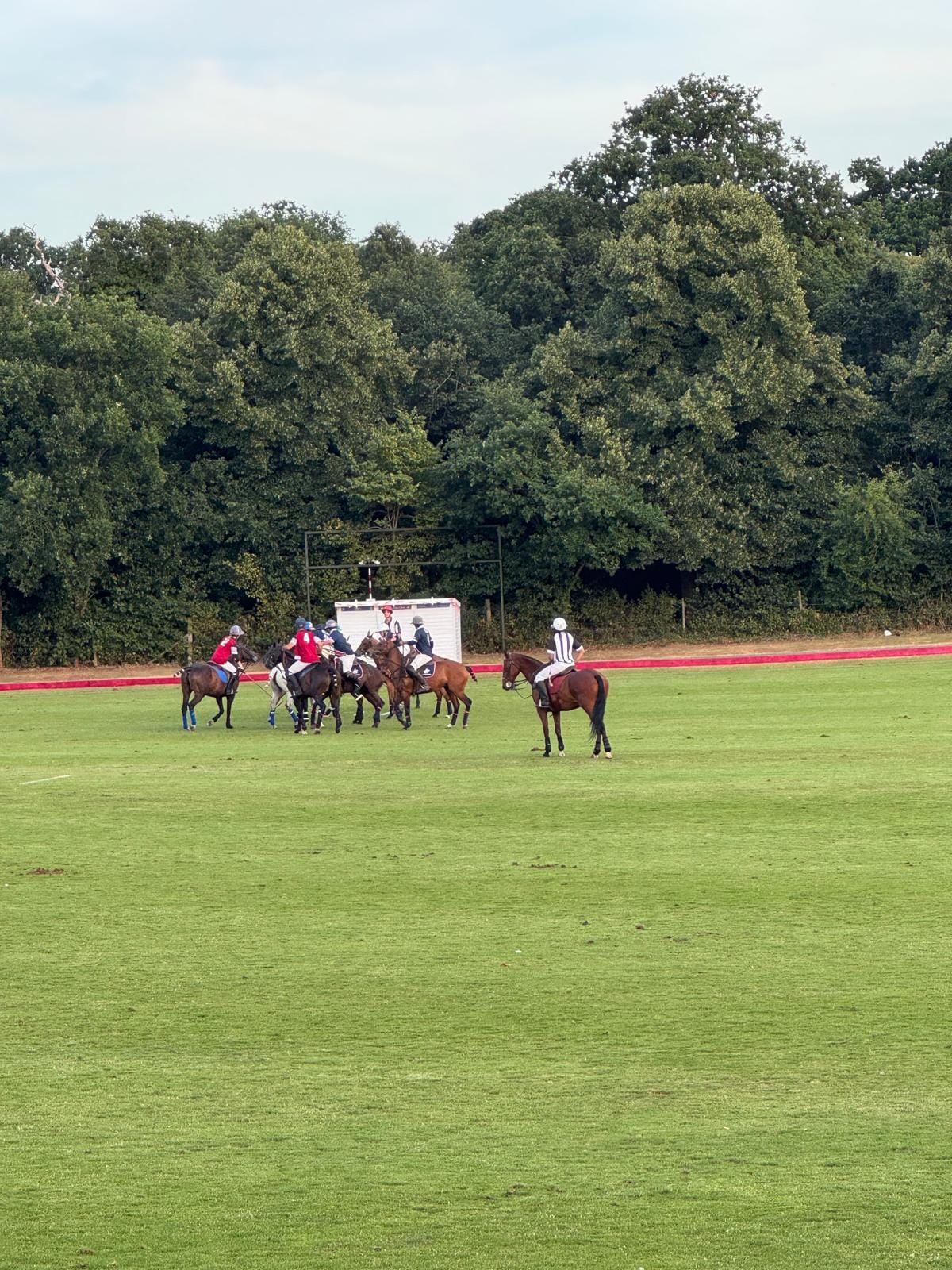
Leadership isn’t dominance. Presence doesn’t need to be aggressive. When I showed up grounded—clear in my direction—they trusted me. We could finally move as one.
Sometimes, while riding, I’d see flashes of another time in my imagination—crusaders galloping across the moors, my ancestors racing toward battle. Horse and human, bound by something wordless and sacred.
That's what horses taught me about leadership. They look for a leader—not a perfect one, but a clear one. If you're hesitant, they hesitate. If you're lost, they lose trust.
I used to fear being too much—too firm, too demanding—so I'd retreat into silence, mistaking it for gentleness. Riding taught me a different kind of strength: grounded clarity. Presence, not pressure. Power in calm.
The horses needed me to know where we were going so they could trust me to get us there. Not perfection. Not control. Just truth.
Steady. Real.
I still wrestle with the bigger questions—horses confined in stables, race or polo horses being treated harshly or sometimes killed after injuries, and the ethics of captivity. Nothing brings me more joy than watching a free-spirited animal running wild in its natural rhythm, in its own happiness. I’ll probably continue to debate these questions as I learn more about horses.
Still, I dream of a day when I can offer sound bath sessions to horses in stables—bringing them a moment of calm, resonance, and peace.
What I know is this, though: horses changed how I lead and how I live.
Now I’m curious about you. What has taught you about leadership in unexpected ways? Have you ever worked with animals or felt nature mirror something back to you about yourself? What have you learned lately that surprised you?
Share your story—I’d love to hear what unexpected teachers have shaped how you lead.
Bonus
Horses are very sensitive and intelligent beings who get spooked easily. Here are some inspirations on how to bond with horses by building trust instead of coercion or 'breaking' the horse!
![Obsidian Memo]🍁 Returning to the Table: Notes on Thanksgiving, Distance, and Beauty of Gentle Caring Presence](/content/images/size/w720/2025/12/KakaoTalk_20251128_034620737-2.jpg)
![Finance | Leadership] How I Built a Global Career in Finance: A prelude to the upcoming series: Breaking Into Finance](https://images.unsplash.com/photo-1676471049029-f93852da351d?crop=entropy&cs=tinysrgb&fit=max&fm=jpg&ixid=M3wxMTc3M3wwfDF8c2VhcmNofDl8fG1vdW50YWluJTIwZXZlcmVzdHxlbnwwfHx8fDE3NjQwNTgyMjB8MA&ixlib=rb-4.1.0&q=80&w=720)
![Obsidian Memo | Culture Shocks] From Seoul to Toronto to New York to London: A Life in Translation](/content/images/size/w720/2025/10/Emily-in-Paris.jpg)